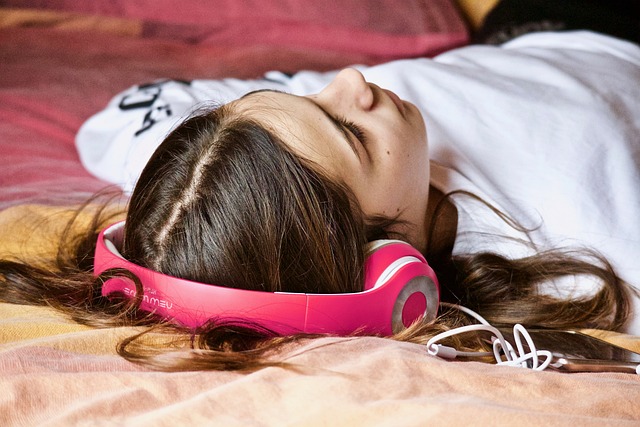It is easy to be hard on ourselves and think that no matter what we do, someone else can do it better. Have you ever noticed that the things you say to yourself are not things you would ever say to another person? This is negative self-talk and it can be detrimental to mental health. So read on for some ways to limit this habit.
Step Back
When catching yourself thinking negative thoughts, or putting yourself down, stop and think for a second. A great tip is to as yourself, “who told me this?” You will start to find that the only person who is telling you these things is yourself. As Eleanor Roosevelt once said, “No one can make you feel inferior without your consent.” Remember that our insecurities start with the things we tell ourselves to believe.
Support System
Another way to catch yourself practicing negative self-talk is by telling someone you trust the exact thoughts you are thinking. This gets your thoughts out there and a new perspective from someone you trust can help you realize that the thought itself is outlandish. Being vulnerable in this way can help those you trust become closer to you, and when you feel more supported, you can practice more self-love.
Affirmations
Listening to some positive affirmations or even reciting them to yourself will help give you a positive frame of mind. There are plenty of television shows and social media channels that promote and showcase negativity. Creating a safe and positive space can change the daily way you think about yourself.
Humans are prone to error which is why there is the “nobody is perfect” mantra. It is easy to be hard on ourselves and difficult to be nice. A way to start addressing your negative self-talk is by implementing these steps when you catch yourself thinking negatively.
Dr. Barbara R. Edwards, Princeton Internist, practices at Penn Medicine Princeton Health in the Penn Medicine Princeton Medical Center. She is also the Academic Director for the Ambulatory Residency Program at Penn Medicine Princeton Health.






